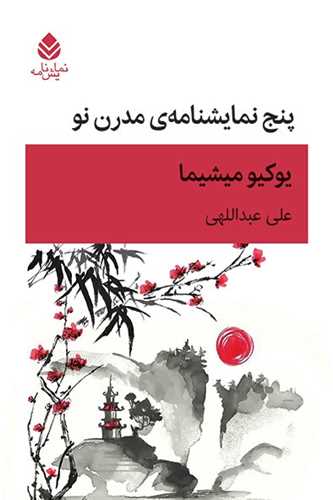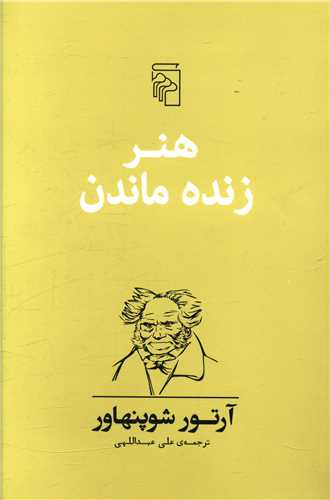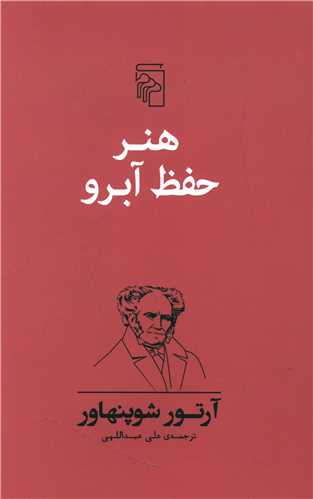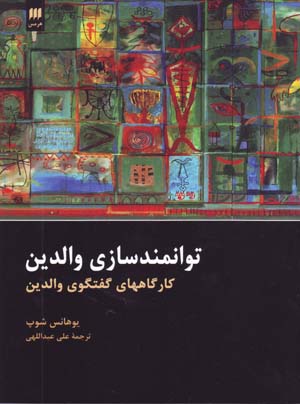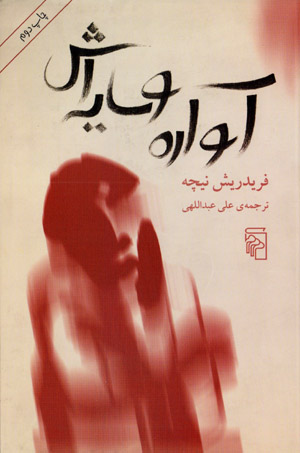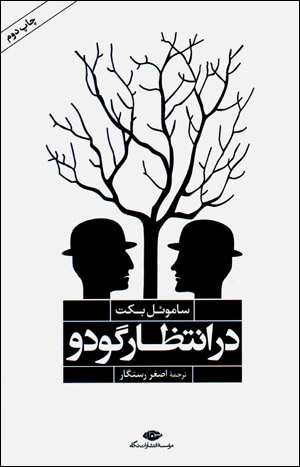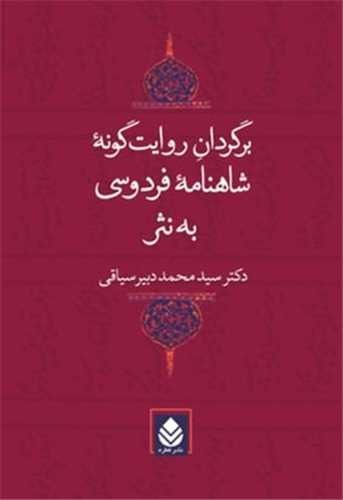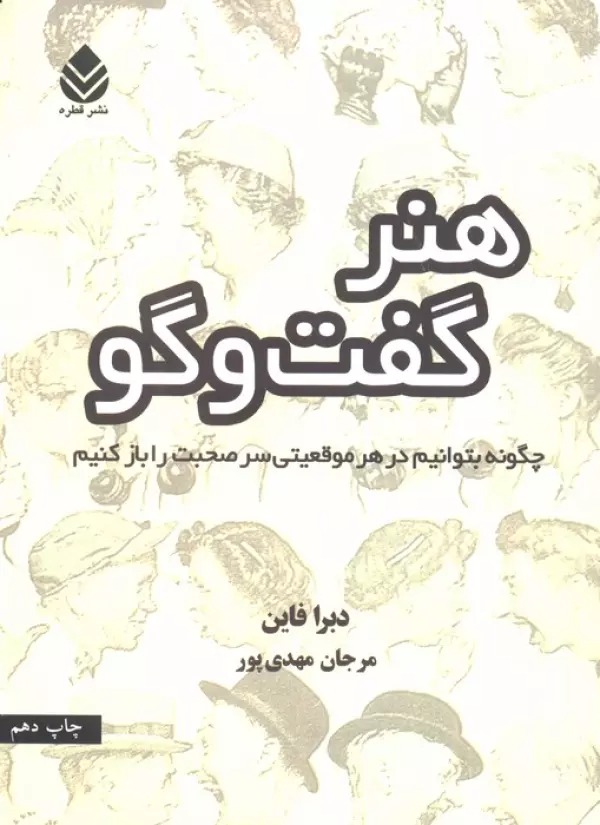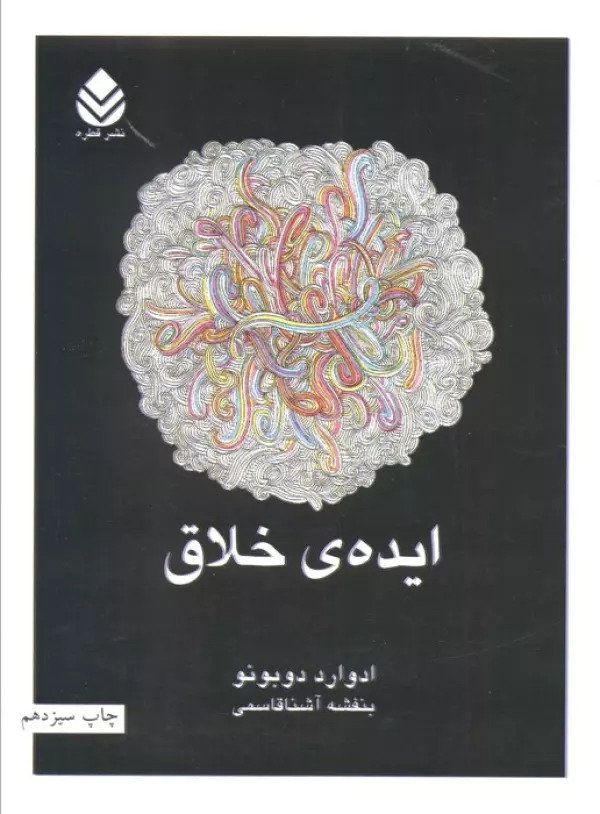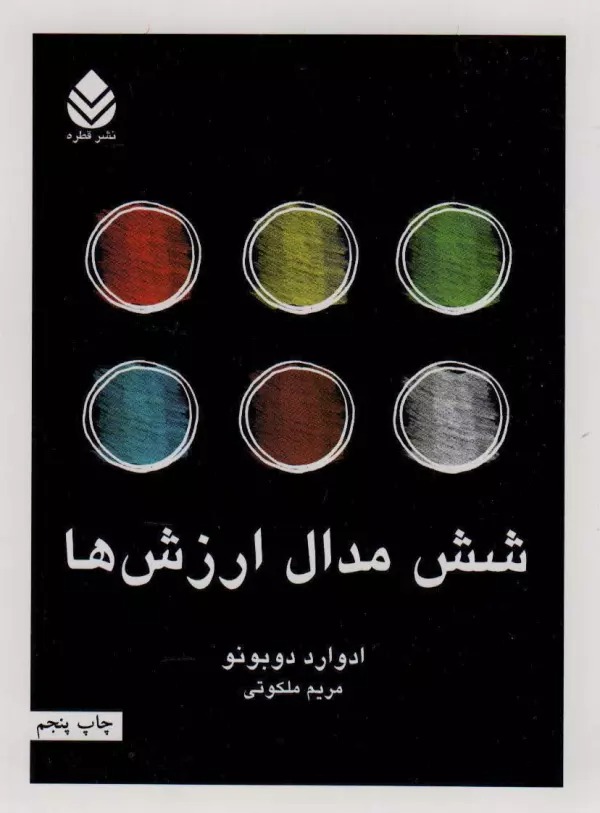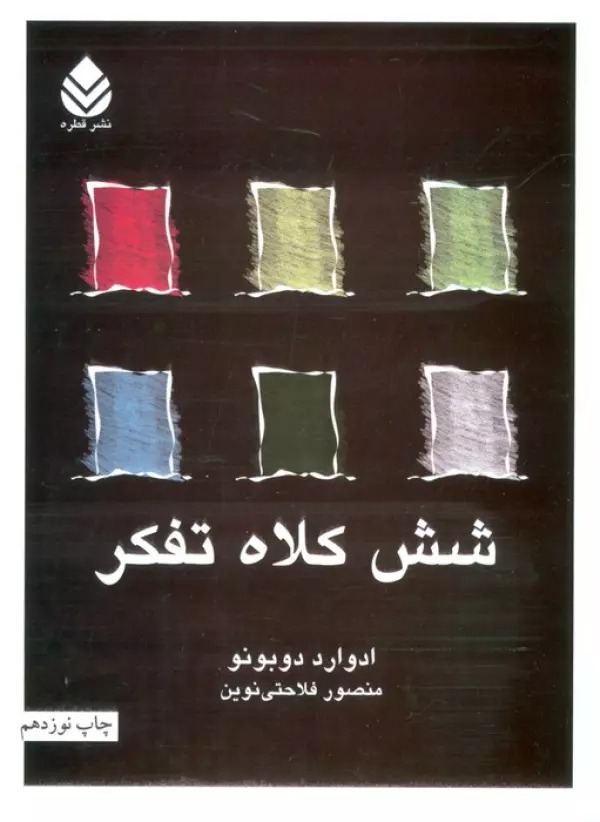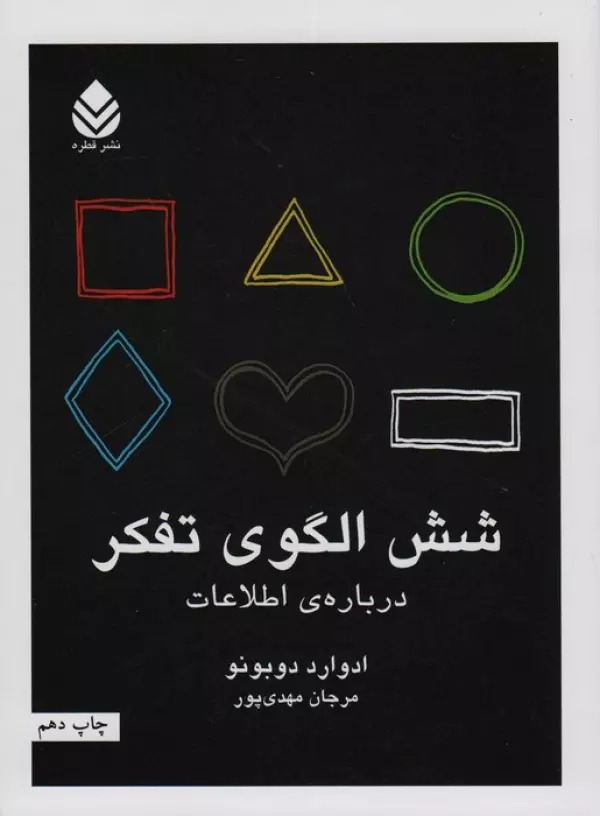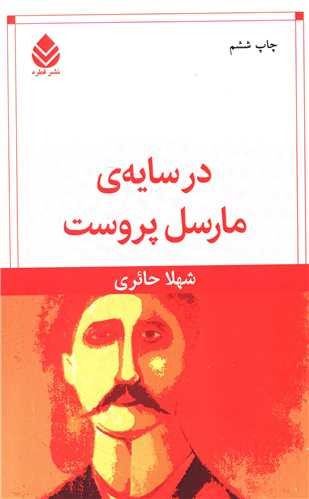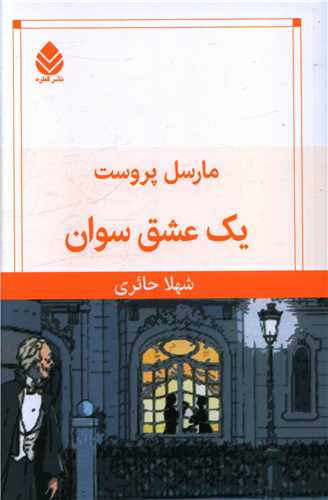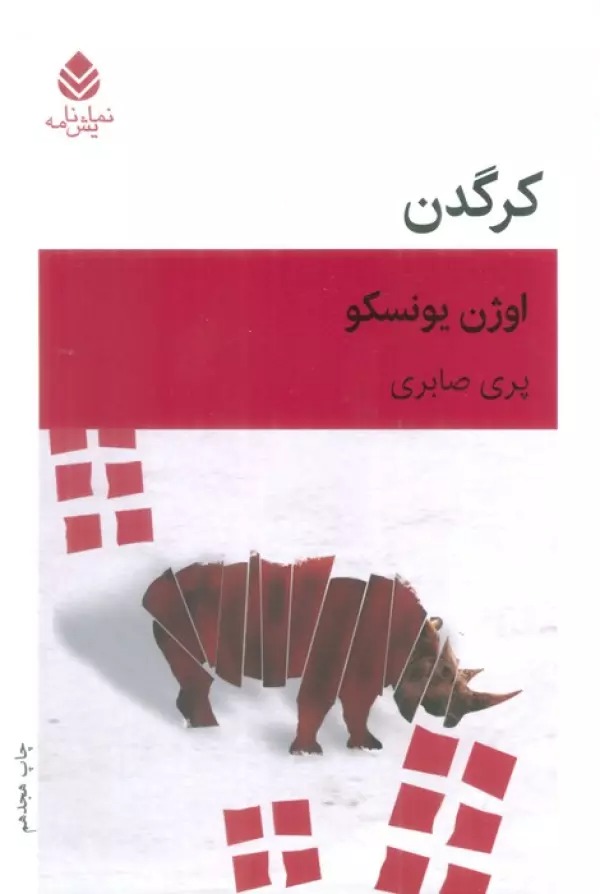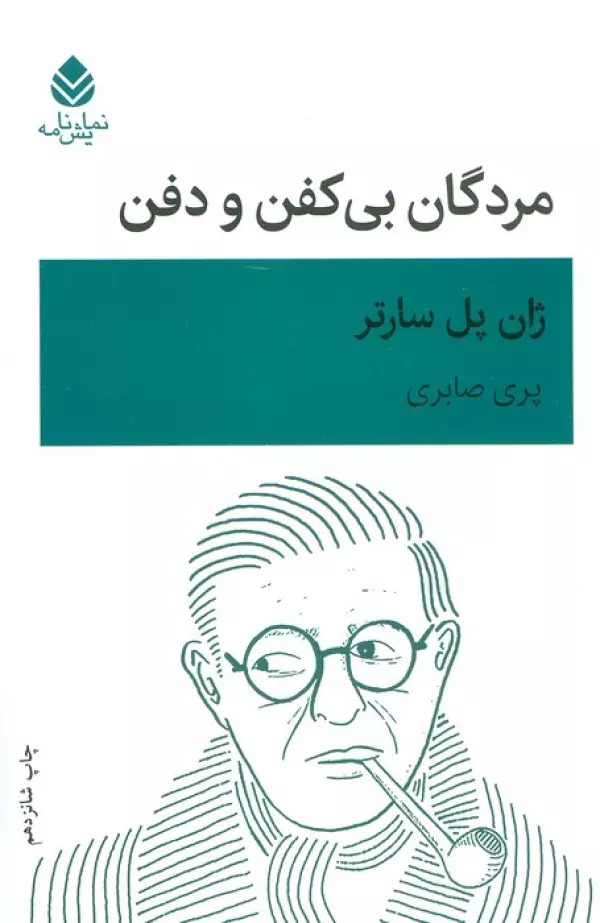Panj Namāyishnāmah-yi Mudirn-i Naw: Persiska (Farsi) 1403
پنج نمایشنامهی مدرن نو
143 SEK
Dela
Wishlist
Originaltitel:
近代能楽集
ISBN:
9786223081552
Översättare:
'Ali 'Abd Al-lahi
Förlag:
Qatrih
Åldersgrupp:
Vuxen
Sidor:
156
Vikt:
140 g
Produktmått:
14 x 21 x 1
,
4 cm
Bokomslag:
Pocketbok
"Many French people know Noh by hearsay; others by having read or browsed through some in translation, or even by having seen one performed in Japan or by a visiting troupe. Many people glimpse it above all thanks to Claudel's beautiful and resounding essay, which at once simplifies and exaggerates: "Greek drama is something that happens; Noh is someone who arrives." In search of a memorable formula, one could stop there. One could also assert that Mishima's Five Modern Noh, like any work by an authentic poet, can and should be appreciated for themselves, without reference to the Noh of a distant past. However, this would be to deprive oneself of the harmonics that the poet was able to preserve or bring to life. The five Noh contained in this volume successively evoke, in a tone where comedy and tragedy intertwine, the eternal theme of youth and old age, in the face of beauty, which does not change; The drama (the most contemporary of all) of a teenager haunted by the destruction of the world; the unfulfilled and unheard love of a man for an insensitive woman; the jealousy that kills its victim and also disintegrates the murderer; and finally the adventure of a young woman who renounces life to immerse herself in her dreams. All are more or less inspired by themes from the Noh of yesteryear. All also concern, in a pathetic, or sometimes moving, way, our existence." Marguerite Yourcenar.
Yukio Mishima (pseudonym of Kimitake Hiraoka) was born in 1925 in Tokyo. His literary work is as diverse as it is abundant: essays, plays, novels, short stories, and travelogues. He wrote both popular novels published in the mass market refined literary works and acted in and directed a film that foreshadowed his death. He was awarded all three of Japan's major literary prizes. In November 1970, he spectacularly committed seppuku, a desperate political attempt that captured the imagination of the world. Mishima was a great admirer of classical Japanese tradition and the virtues of the samurai. In his works, he often denounced the excesses of modernism and offered a pessimistic portrayal of humanity. Born in Brussels on June 8, 1903, Marguerite de Crayencour traveled to Switzerland and Italy before settling in the United States in 1958. Winner of the Grand Prix nNationaldes Lettres in 1974, she was the first woman elected to the Académie française in 1980. She died on December 17, 1987, on Mount Desert Island.
more
لابد میشیما، این شاعر و مرد نمایش، ابتدا حین بازخوانی نمایشهای نوی قدیمی بهنحوی اطمینان یافته که این نمایشکهای کهنِ کمبازیگر که گویا فینفسه از قاعدهی سختگیرانهای چون قاعدهی وحدتهای نمایش کلاسیک غربی پیروی میکنند سزاوارِ ایناند که در زیر لوای جامهها و دکورهای مدرن در لطف و شاعرانگی با نمایشهای مذهبی قدیمی برابری کنند و شاعر فقید همهچیز را بهگونهای رقم زده است که پنداری پسآویزهای پیشپاافتادهای چون گردشگاه عمومی، آسایشگاه روانی یا دفتر شورای دادرسی بر این امر صحه میگذارند. بیشک زنده کردن اثری هنری، سوا کردن آنچه از گزند ایام در امان مانده و بها دادن به آنچه دوام دارد و زدودن آن از مصالح مُردهای که عاقبت هر شاهکاری را -- مگر برای جماعتی فاضل و ویژهکار -- ثقیل میکند همواره هدف پنهان نویسندهای است که مسئولیت نوسازی نمایش قدیمی و ارجمندی را به عهده میگیرد، ولی به نظر میرسد که رویکرد ادیب ژاپنی با رویکرد آن دسته از نویسندگان فرانسوی قرن بیستم که به کار تجدید نمایشهای کهن مبادرت ورزیدهاند تفاوت چشمگیری دارد. نزد میشیما گویا قطراتی از نوشابهی کهنْ مخمرِ اکسیری شده که در ظروف تازهای ریخته شده است و نوشیدن آن ابتدا جان نویسنده را به جنبش وامیدارد.
more

